- About us
- Our Work
- Child Sponsorship
- Girls Get Equal
- Donation
- Get Involved
- News
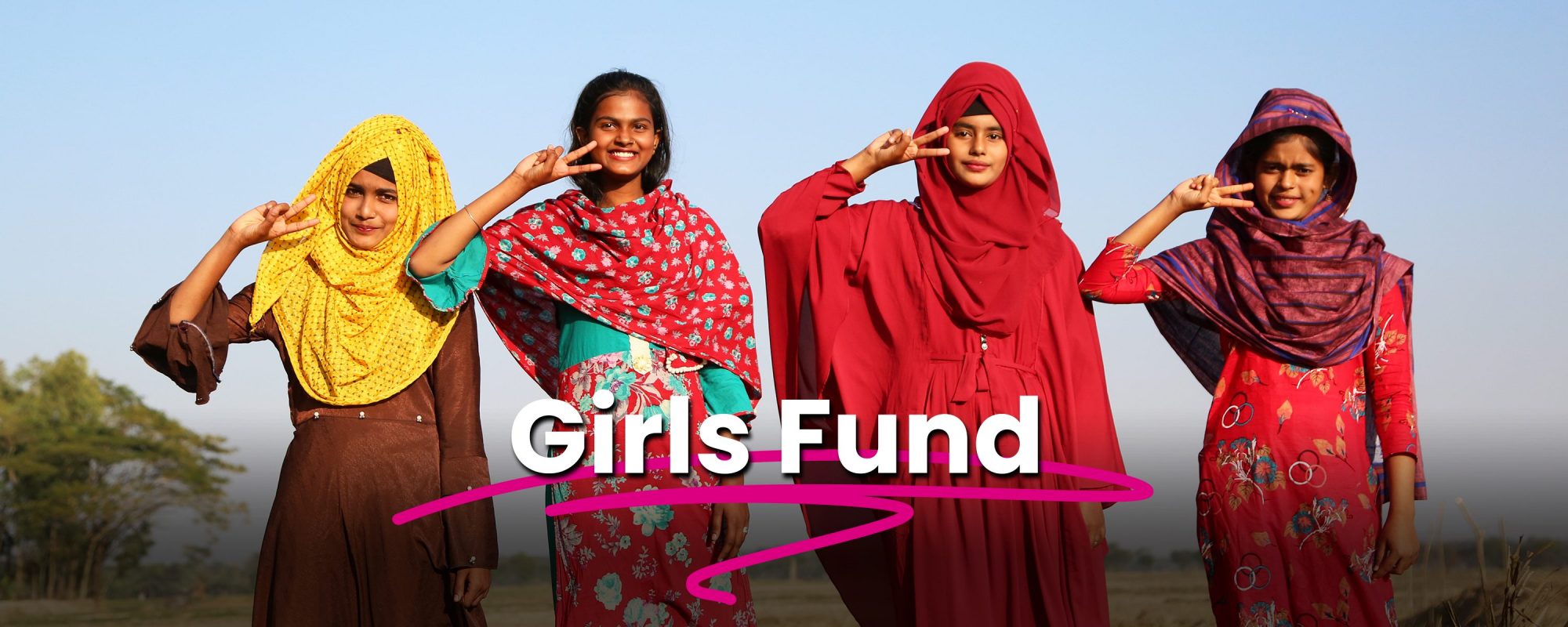
Girls Get Equal, Plan International’s global girl-led campaign, has been launched since 2018. It aims to empower 200 million girls and young woman to learn, lead, decide and thrive, and protect them from inequality and violence.
(*2022 Global Figures)
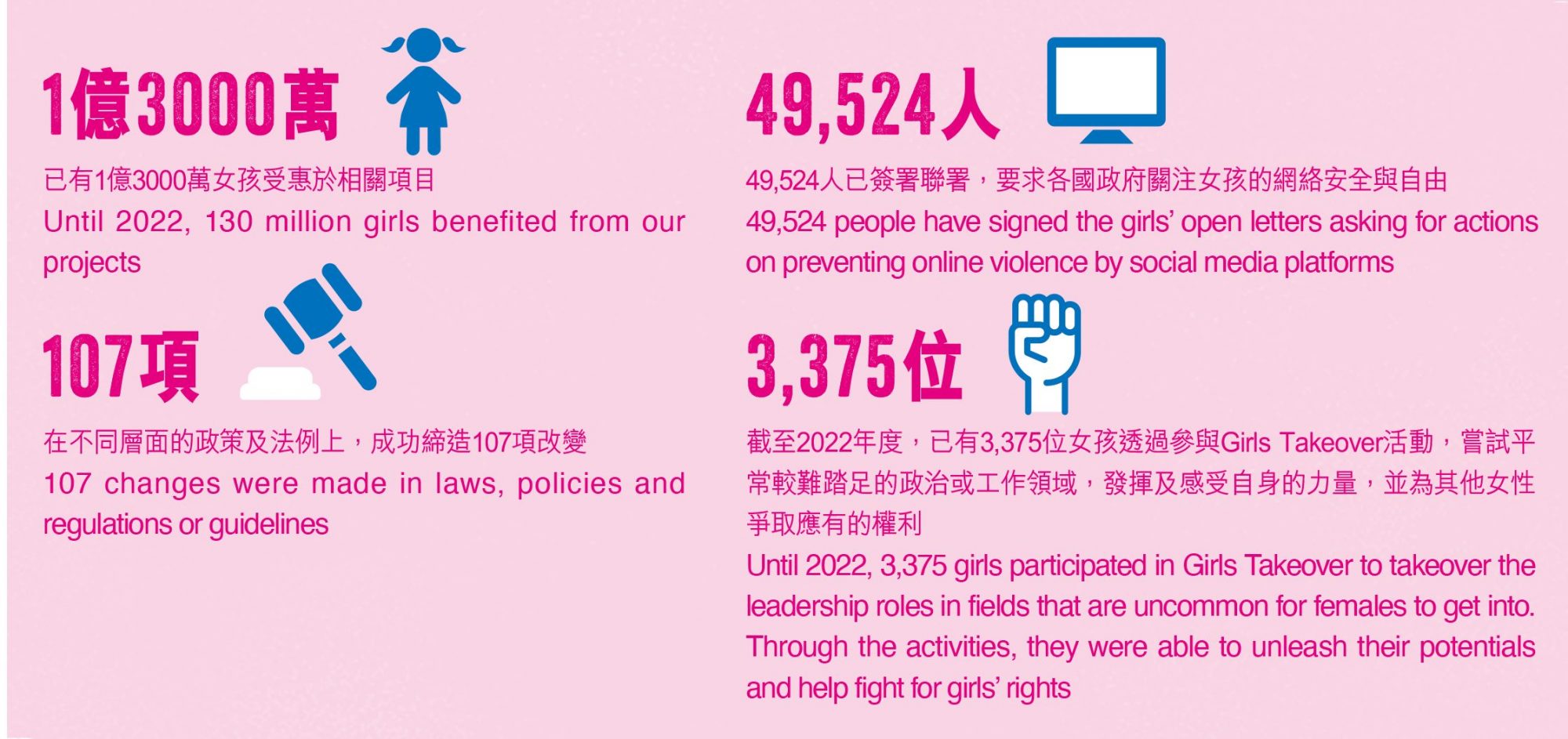
How We Advance Equality for Girls?
(*2022 Global Figures)
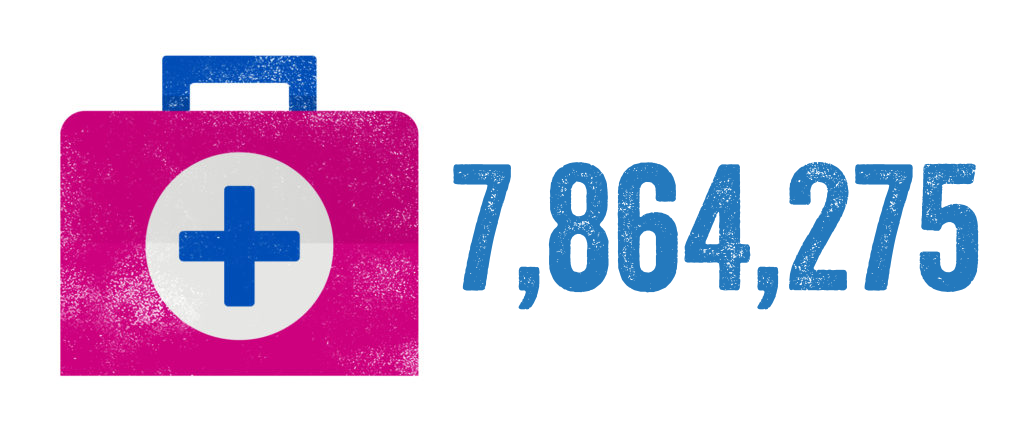
Healthy development programmes for
7,864,275 girls
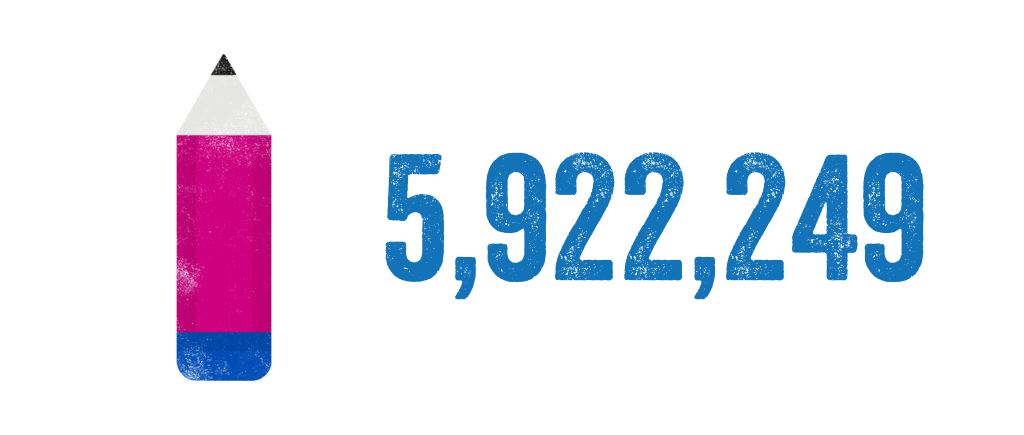
Better access to education for
5,922,249 girls
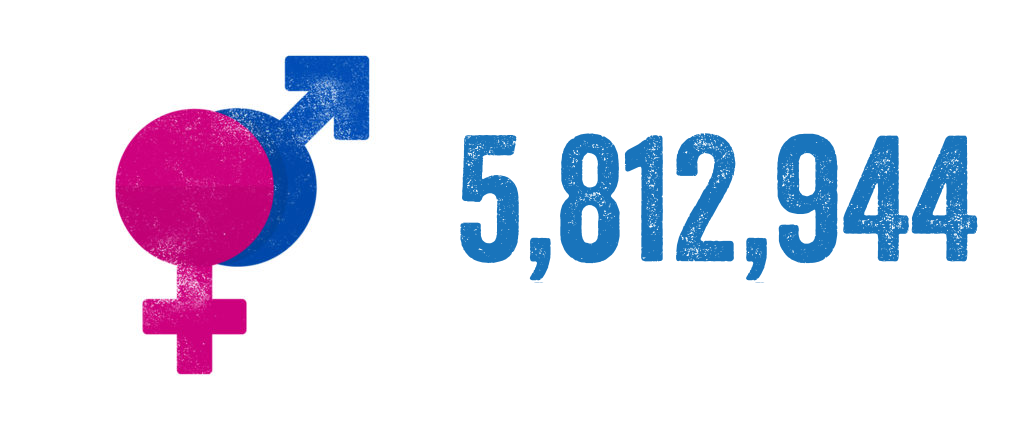
Sexual and reproductive health programmes for
5,812,944 girls
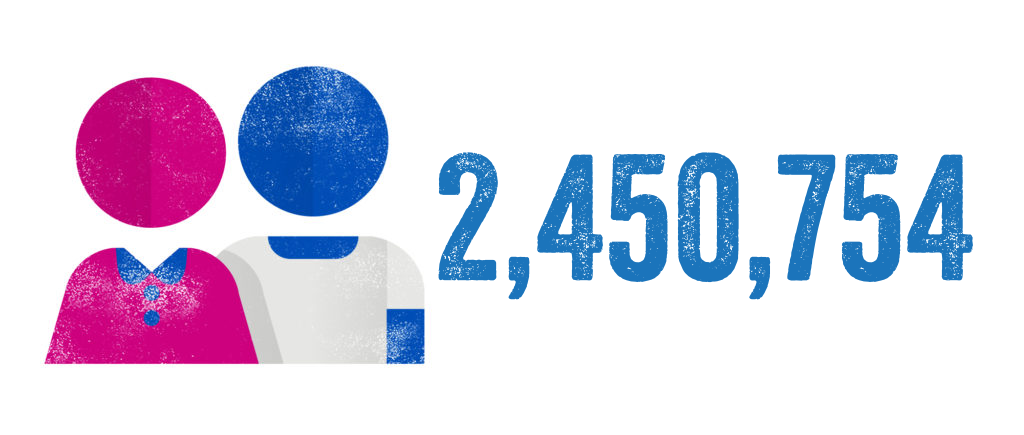
Opportunities for 2,450,754 girls
to be active citizens
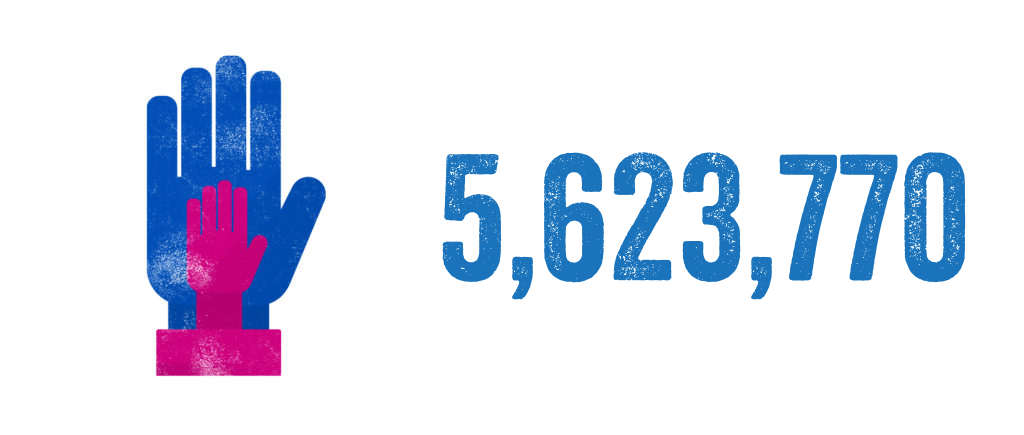
Gender-sensitive child protection for
5,623,770 girls
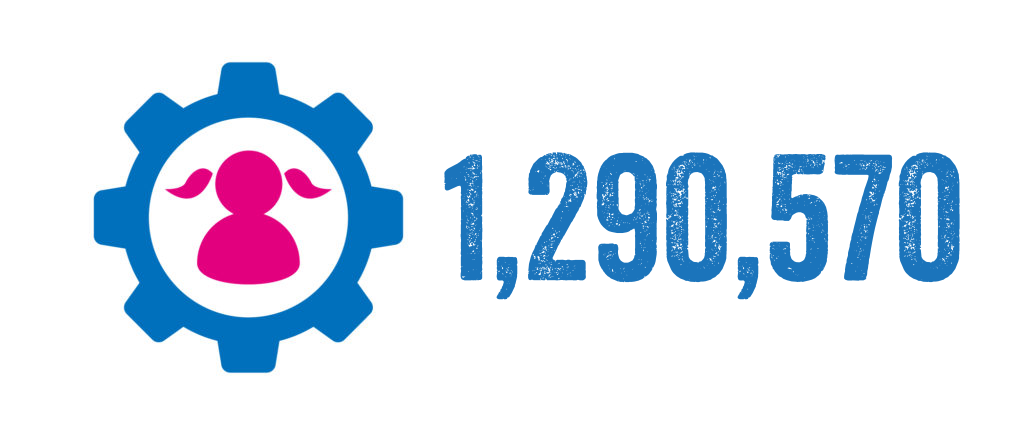
Skills and work opportunities for
1,290,570 girls
Programme Highlights
(*Year 2022)
Develop Girls’ Autonomy for a Bright Future
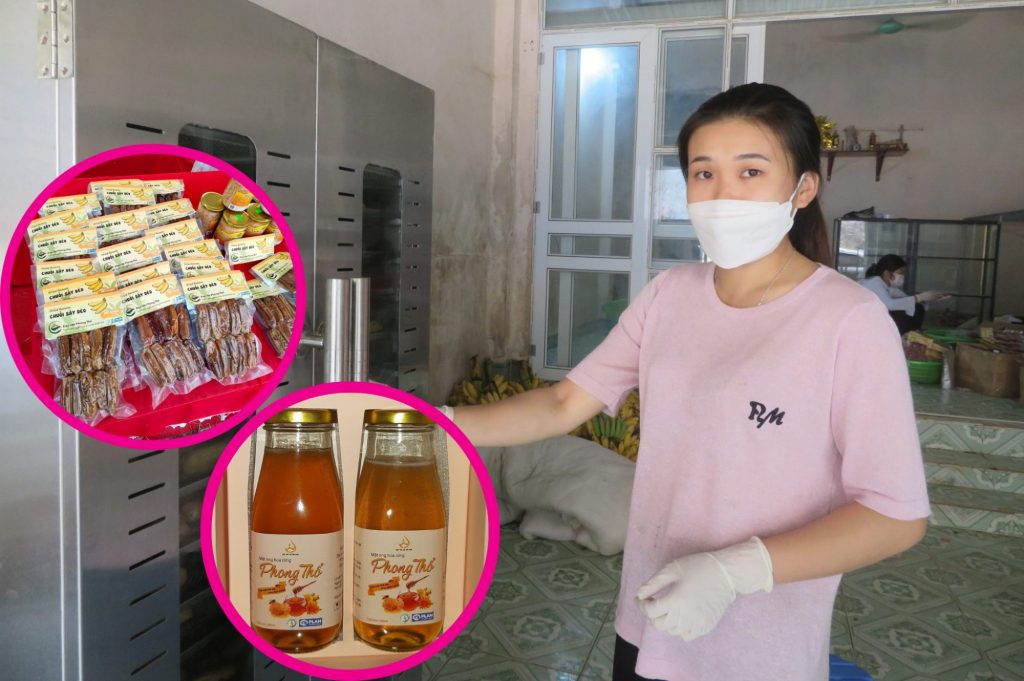
In developing countries, unequal traditional beliefs on gender and customs are forcing girls into child marriage. It was a pleasure for Plan International Hong Kong to receive generous donations from 23 local women elites and other donors to implement the two-year “Girls Ready for Future” project in Vietnam. The project has enhanced girls’ awareness of their rights to protect themselves from child marriage. Meanwhile, our vocational support has equipped girls with the skills and knowledge to follow their dreams. This project has covered 49 schools from five provinces in Vietnam, including Ha Giang, Lai Chau, Quang Binh, Quang Tri and Kon Tum, benefiting more than 10,000 children, half of them are girls.
“Menstruation Friendly Movement” Breaks the taboos
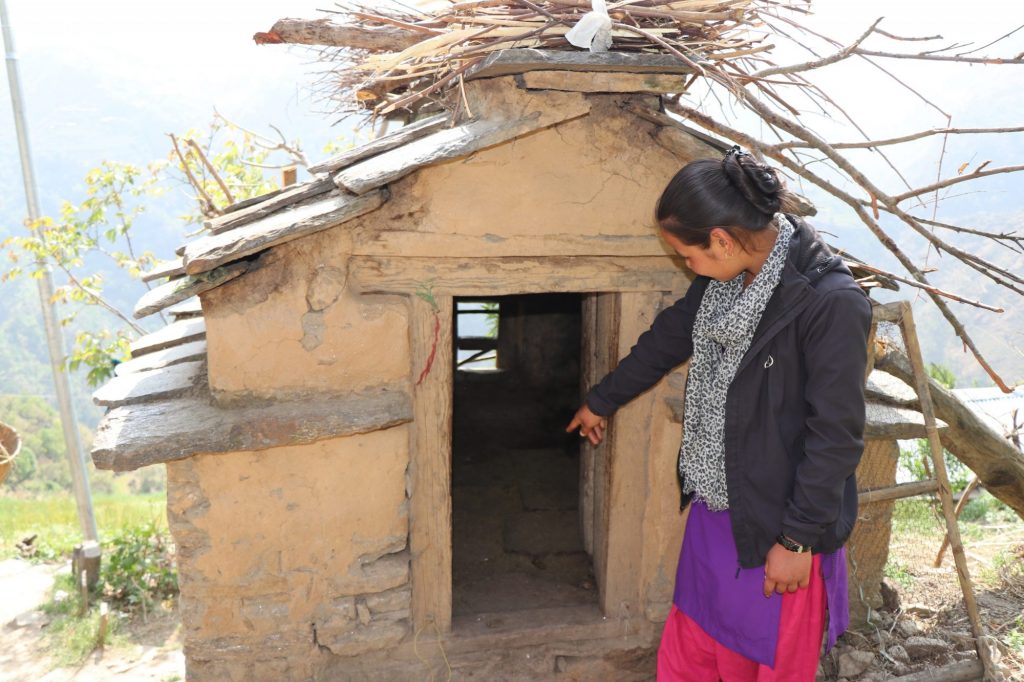
The COVID-19 pandemic worsened the menstrual problems in Nepal. We launched the “Menstruation Friendly Campaign” to raise local awareness on the issues of “menstrual poverty” and “menstrual stigma”. We are grateful that 18 companies from various industries have joined forces and promised to establish a menstruation-friendly working environment. An online survey was conducted to deepen the public’s understanding of the issues. More than 280 respondents shared their opinions and experiences on menstruation. The funds raised supported our menstrual projects in Nepal, including implementing programmes on dignified menstruation in communities, and schools, providing hygiene kits, as well as building washing stations and sanitary napkin vending machines so that girls could have a carefree period.